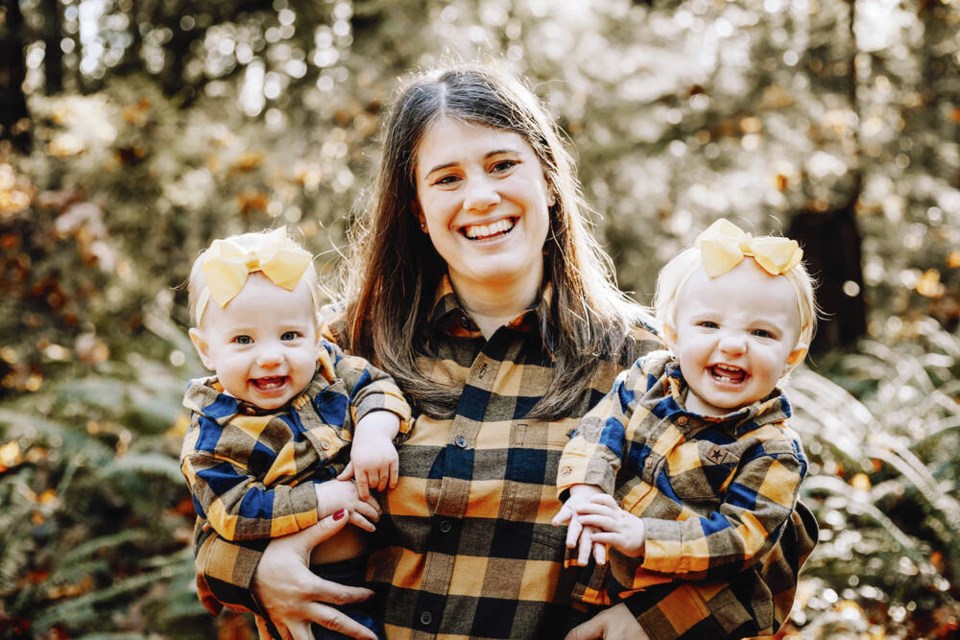Standardized rules on illicit drug use by patients in B.C. hospitals expected from a new task force won’t matter if there’s no enforcement, says the president of the B.C. Nurses’ Union, as politicians call for an end to a pilot project decriminalizing drug use.
B.C. Health Minister Adrian Dix has announced a task force to create one set of rules for all health authorities on illicit drug use by patients in hospitals.
But Adriane Gear said rules are in place now and are not being enforced. “It is health authorities’ responsibility to enforce policies and keep nurses safe” and that’s not happening, said Gear.
The task force will be an opportunity for the province to be very clear about its expectations of health authorities if there’s no tolerance for drug consumption in patient rooms, as the health minister and premier have said, she said.
Dix said he expects there will be designated places for illicit drug use within or around a facility, or under the direction of the care team.
Even with designed consumption or inhalation spaces, Gear said, “it will still fall to the nurse to get the patient to where they need to be, it still will require monitoring, it will still take resources to allow people to access their illicit substances on top of everything else that nurses have to do.”
That will require additional resources, nurses, education and training, she said.
The task force was announced after calls from nurses for better protection — either enforcement of no-smoking policies in hospitals and medical management of patients’ withdrawal symptoms, or safer consumption sites for illicit drugs on hospital grounds.
BC United politicians have called for an end to the province’s three-year pilot project decriminalizing possession of up to 2.5 grams of illicit drugs for personal use, which runs until January 2026. Nurses say the pilot project has prompted a spike in drug use and trafficking in hospitals.
Kimberly Jones, a licensed practical nurse who has worked at Nanaimo Regional General Hospital since 2022 and in long-term care since 2011, said although smoking is prohibited within Island Health facilities, the rules are not enforced with respect to drugs, and nurses are not protected.
Jones, 35, told the Times Colonist this week she had to stop breastfeeding her 13-month old twin girls in December after she walked through a wall of illicit-drug smoke from a patient in a hospital hallway — a known drug user — using a pipe.
“I became quickly high, within like five minutes, and ended up having to walk myself to the emergency room,” said Jones. “I felt like my feet weren’t touching the ground, which was very frightening.”
It was not the way she wanted to end her breastfeeding, she said, but she and her husband worried about how much the drug inhalation might affect her breast milk. “How much crack or meth is OK for a baby?”
Jones wrote a letter to Dix’s office in early February asking for improved protections for nurses against exposure to illicit drugs.
An executive director in labour and agreements responded late last month expressing regret about the “stressful incident” and saying 14 violence-prevention leads and 320 security officers have been hired for 26 high-risk sites across B.C.
The letter said health authorities are focused on ensuring appropriate protective equipment and training on its use is available in the context of “exposure to smoke from unregulated substances,” as well as the development of specific education and training to mitigate exposure to unregulated substances.
Jones said prior to the decriminalization pilot project, it was not acceptable to be doing drugs in a patient’s room or in a hospital hallway. “Management would have options, but now they don’t have those options,” she said.
There’s no enforcement of no-smoking rules when it comes to drug use by people with substance-use challenges, she said.
The problem isn’t just the smoke for staff and other patients in the hospital, but the behaviours and criminal element drug users are bringing into hospital settings, she said.
“There’s drugs lying around on their side tables, there are needles not properly disposed of in their bedding, there’s patients’ stuff being stolen,” said Jones. “There’s nothing done about it. We just report it and that’s it. Crime happens here all the time, like dealers are known to come and deliver.”
BC United mental health and addiction critic Elenore Sturko introduced a motion Monday to end the decriminalization pilot project, a call that was repeated by the Opposition on Tuesday.
“Open, illicit drug use is so out of control in hospitals, the drug dealers are now brazenly conducting business on the rooftop patio of St. Paul’s Hospital,” said Sturko.
Dix repeated Tuesday that smoking is not permitted in hospitals, and said the decriminalization pilot project was the result of a 2022 all-party that made 37 recommendations in relation to the toxic-drug overdose crisis, including decriminalization. He said the government is continuing to take action on the toxic drug public health emergency, which claimed 2,511 lives in 2023.
He said he has been working closely with the BCNU “on these very issues of decriminalization over the past number of years” to address the deaths and ensure people in health-care facilities and elsewhere are safe.
>>> To comment on this article, write a letter to the editor: [email protected]




